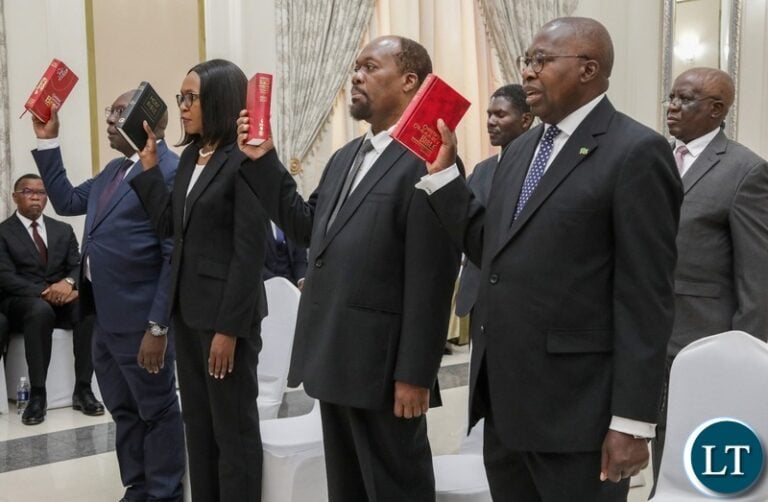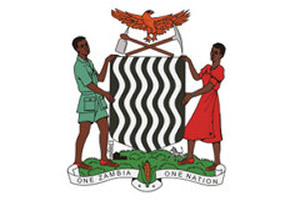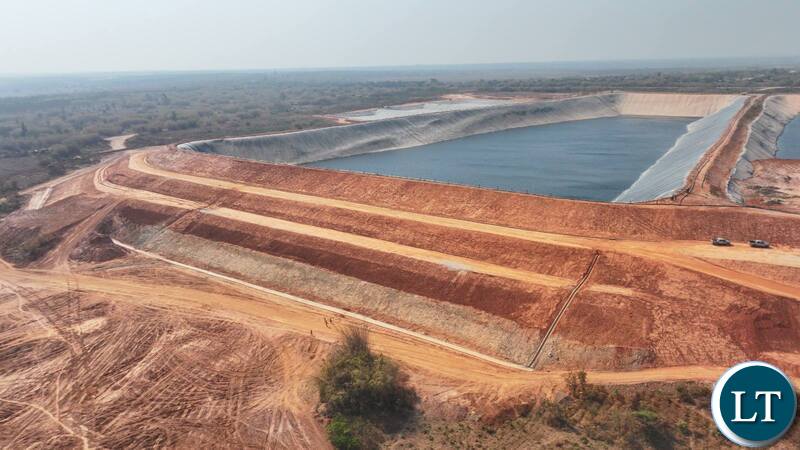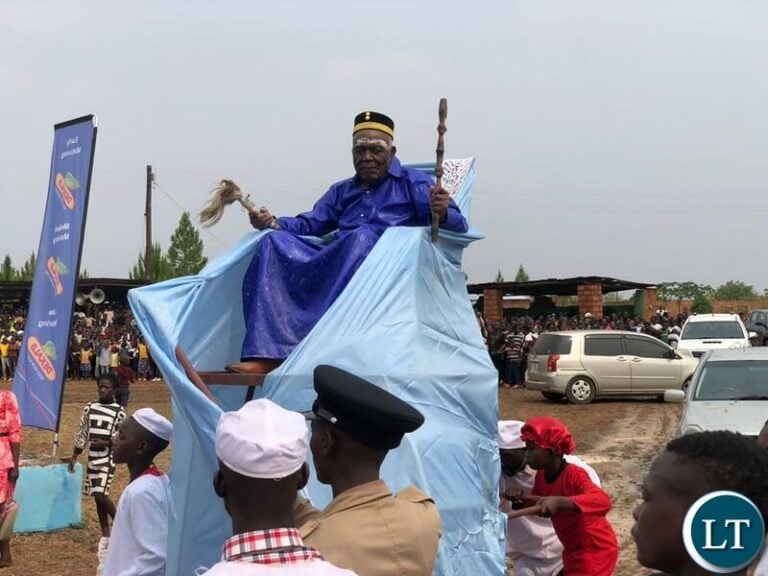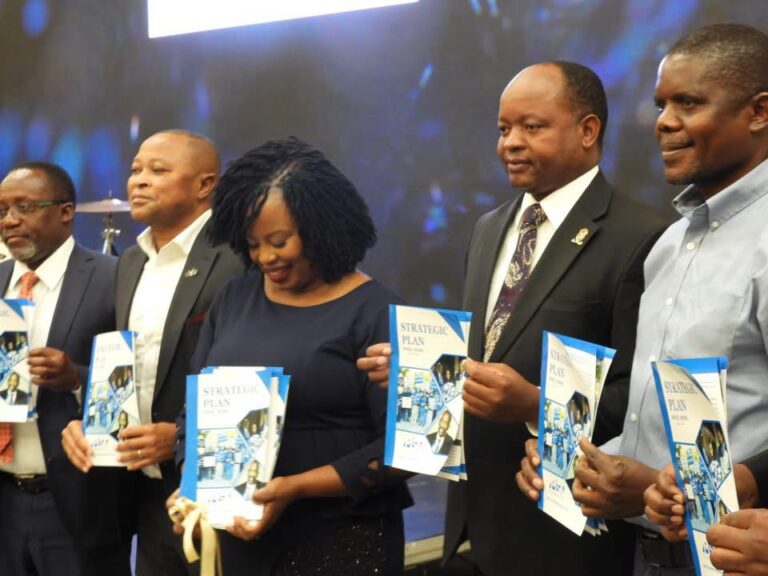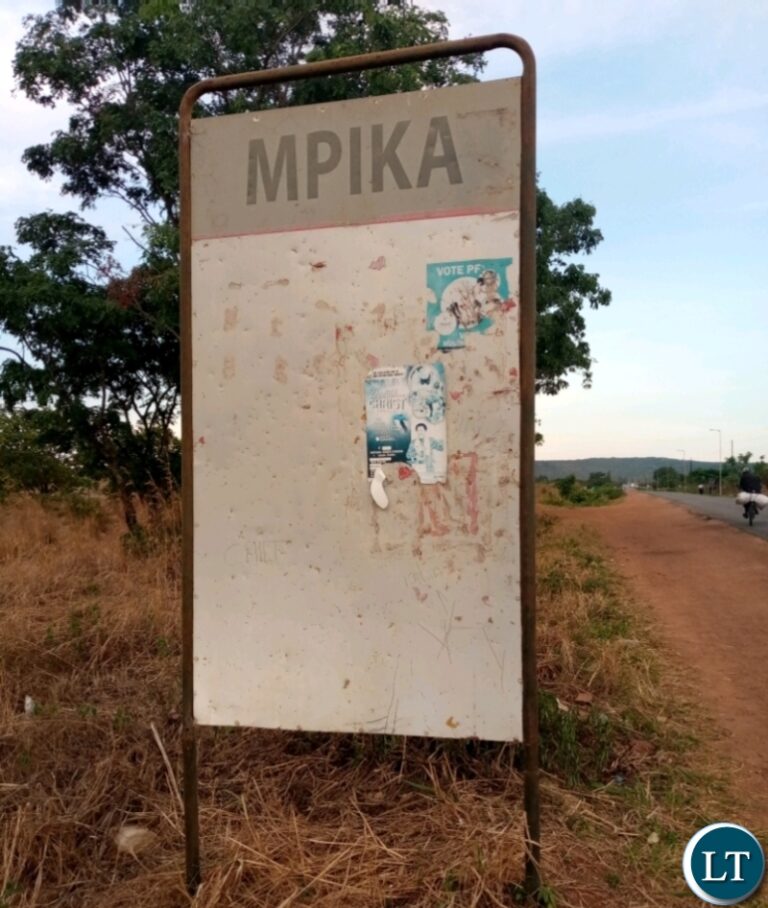UPND’s CDF Delivering Development: Ambulance Rollout Shows Nationwide Reach
The Constituency Development Fund (CDF) under the UPND government has emerged as one of the most impactful tools of grassroots transformation in Zambia, reshaping the face of local service delivery. The recent distribution of 119 ambulances across all provinces underscores not only the government’s commitment to strengthening the health sector but also the broad reach of decentralised development.
According to the official distribution schedule, Muchinga Province, with its 10 constituencies, has received 8 ambulances so far, representing 80 percent of its share. Eastern Province has taken delivery of 15 out of 18 ambulances, while Western Province is at 17 out of 19, covering 89.5 percent of its allocation. Northern Province leads the nation, having received 12 out of 13 ambulances, an impressive 92.3 percent, making it the best-performing region in the first round of distribution.
In Luapula Province, 13 out of the 15 expected ambulances have been delivered, standing at 86.7 percent, while Southern Province has received 16 of the 20, translating into 80 percent coverage. The picture is different in Lusaka Province, which currently stands at 53.8 percent after receiving 7 of its 13 ambulances. Central Province has reached 78.6 percent with 11 out of 14, while North-Western Province is at 91.7 percent, with 11 of the 12 already handed over. Copperbelt Province, the most populous with 22 constituencies, has received 9 ambulances , 40.9 percent but is expected to catch up as the remaining 37 vehicles are distributed in the second consignment.
This rollout demonstrates not just a numbers game but a carefully coordinated effort to strengthen rural and peri-urban health systems. For many communities, having a dedicated ambulance means the difference between life and death, particularly in emergencies such as childbirth complications, road accidents, or sudden illnesses where distance to the nearest hospital has often been a barrier.
Yet, the ambulances represent only a fraction of the CDF story. Across Zambia, the Fund has become the cornerstone of decentralised development, directly touching multiple sectors of people’s lives. In education, thousands of vulnerable pupils have remained in class because CDF bursaries are covering tuition, boarding fees, and other school-related costs. Constituencies have channelled resources into constructing and rehabilitating classroom blocks, procuring desks, and building teachers’ houses, providing tangible relief to overburdened rural schools.
In the health sector, CDF allocations have financed the repair and expansion of rural health posts, sinking of boreholes to ensure clean water, and installation of solar power to keep clinics operational even in off-grid areas. Combined with the ambulance distribution, these interventions are strengthening Zambia’s health system from the ground up.
Youth and women empowerment is another area where CDF is showing visible results. Small loans and grants are helping cooperatives to set up poultry projects, goat-rearing ventures, and fish ponds, while others have invested in hammer mills, carpentry, tailoring, and transport businesses. Women’s groups in particular are using CDF support to establish income-generating activities that improve family livelihoods and reduce poverty.
Infrastructure development remains one of the most visible outcomes. Constituencies are rehabilitating feeder roads and bridges, ensuring rural farmers have access to markets. Local authorities have invested in markets, bus shelters, and drainage systems, which not only improve trade and mobility but also mitigate the effects of seasonal floods in vulnerable areas.
Taken together, these initiatives highlight the philosophy behind the CDF that resources are best managed and felt at community level, where local leaders, schools, clinics, and residents know their immediate needs. By placing development in the hands of the people, the UPND government is making decentralisation more than a policy; it is a lived reality.
With 37 ambulances yet to be delivered, provinces such as Lusaka and the Copperbelt are expected to see their allocations balanced in the next phase. The end goal is clear: every constituency in the country will eventually have access to a dedicated ambulance, ensuring health emergencies are responded to promptly.
Beyond the figures and percentages, the CDF story is ultimately about lives changed. It is about a mother in Southern Province who can now reach a health facility in time, a student in Eastern Province who remains in school through a bursary, a youth in Western Province running a funded cooperative, or a rural community in Muchinga with a repaired road to market.
The ambulance rollout is therefore not just a health intervention but a symbol of what CDF represents practical, community-based development that uplifts ordinary Zambians across all ten provinces.
Source: UPND Health Committee Community Engagement Coordinator (CDF Ambulance Distribution Report, 2025)



